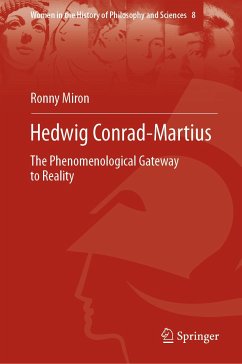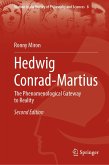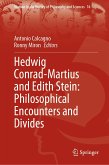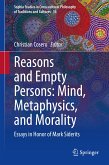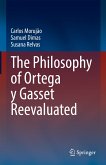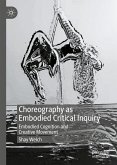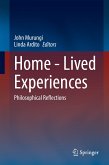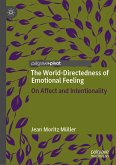This volume, the first of its kind written in English, interprets the realistic-phenomenological philosophy of Hedwig Conrad-Martius (1888-1966). She was a prominent figure in the Munich-Göttingen Circle, the first generation of phenomenology after Edmund Husserl (1859-1938), and was known as the "first lady of German philosophy". The articles included in this collection deal with the two main themes constituting her realistic-metaphysical phenomenology: Being and the I. In addition, the collection includes a comprehensive Preface that describes the personal background and the social and philosophical contexts behind Conrad-Martius's thought, with an emphasis on the mutual influence and fertilization of the group of early phenomenologists in the Munich-Göttingen Circle. The book will be of interest to scholars of philosophy and educated readers.
Dieser Download kann aus rechtlichen Gründen nur mit Rechnungsadresse in A, B, BG, CY, CZ, D, DK, EW, E, FIN, F, GR, HR, H, IRL, I, LT, L, LR, M, NL, PL, P, R, S, SLO, SK ausgeliefert werden.
Es gelten unsere Allgemeinen Geschäftsbedingungen: www.buecher.de/agb
Impressum
www.buecher.de ist ein Internetauftritt der buecher.de internetstores GmbH
Geschäftsführung: Monica Sawhney | Roland Kölbl | Günter Hilger
Sitz der Gesellschaft: Batheyer Straße 115 - 117, 58099 Hagen
Postanschrift: Bürgermeister-Wegele-Str. 12, 86167 Augsburg
Amtsgericht Hagen HRB 13257
Steuernummer: 321/5800/1497
USt-IdNr: DE450055826
Bitte wählen Sie Ihr Anliegen aus.
Rechnungen
Retourenschein anfordern
Bestellstatus
Storno

